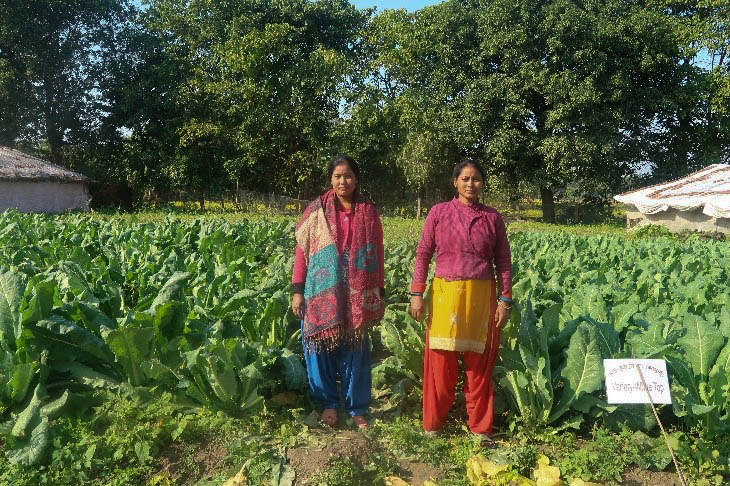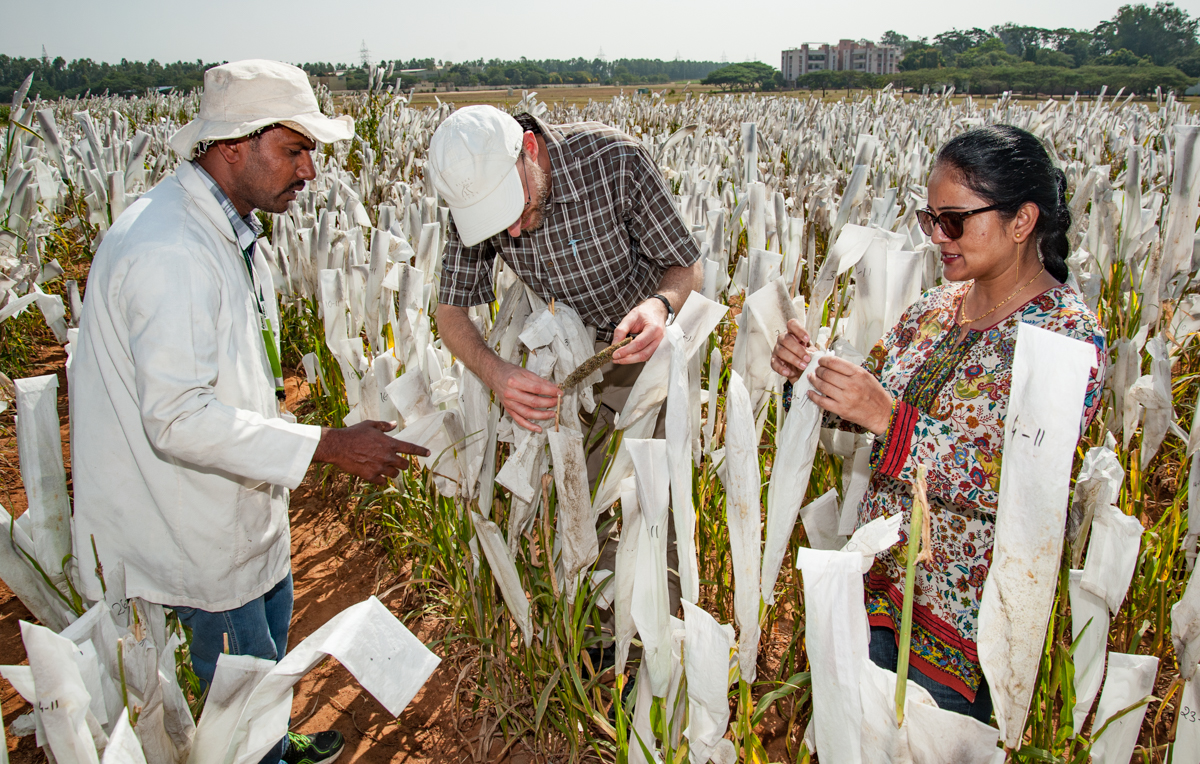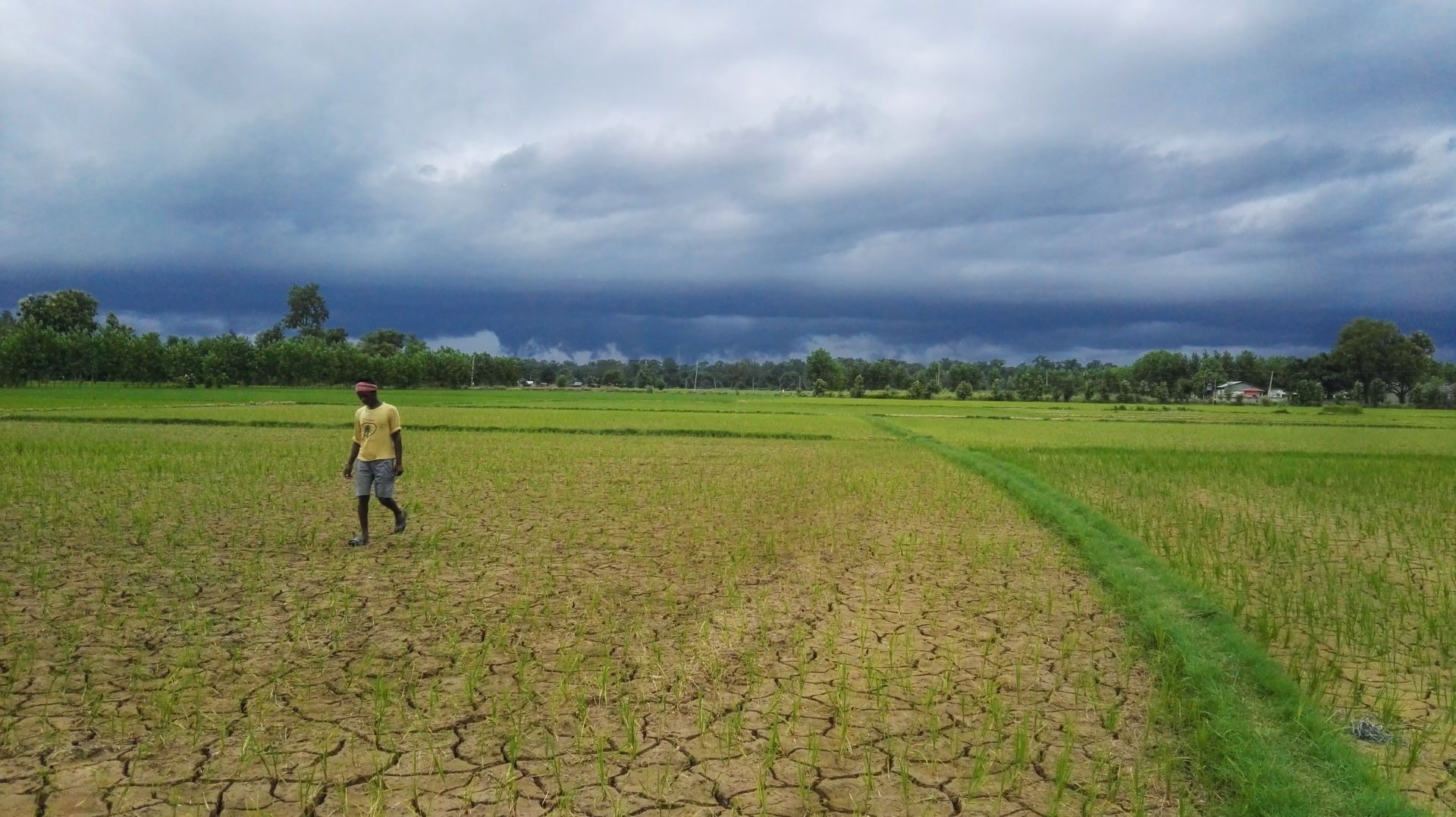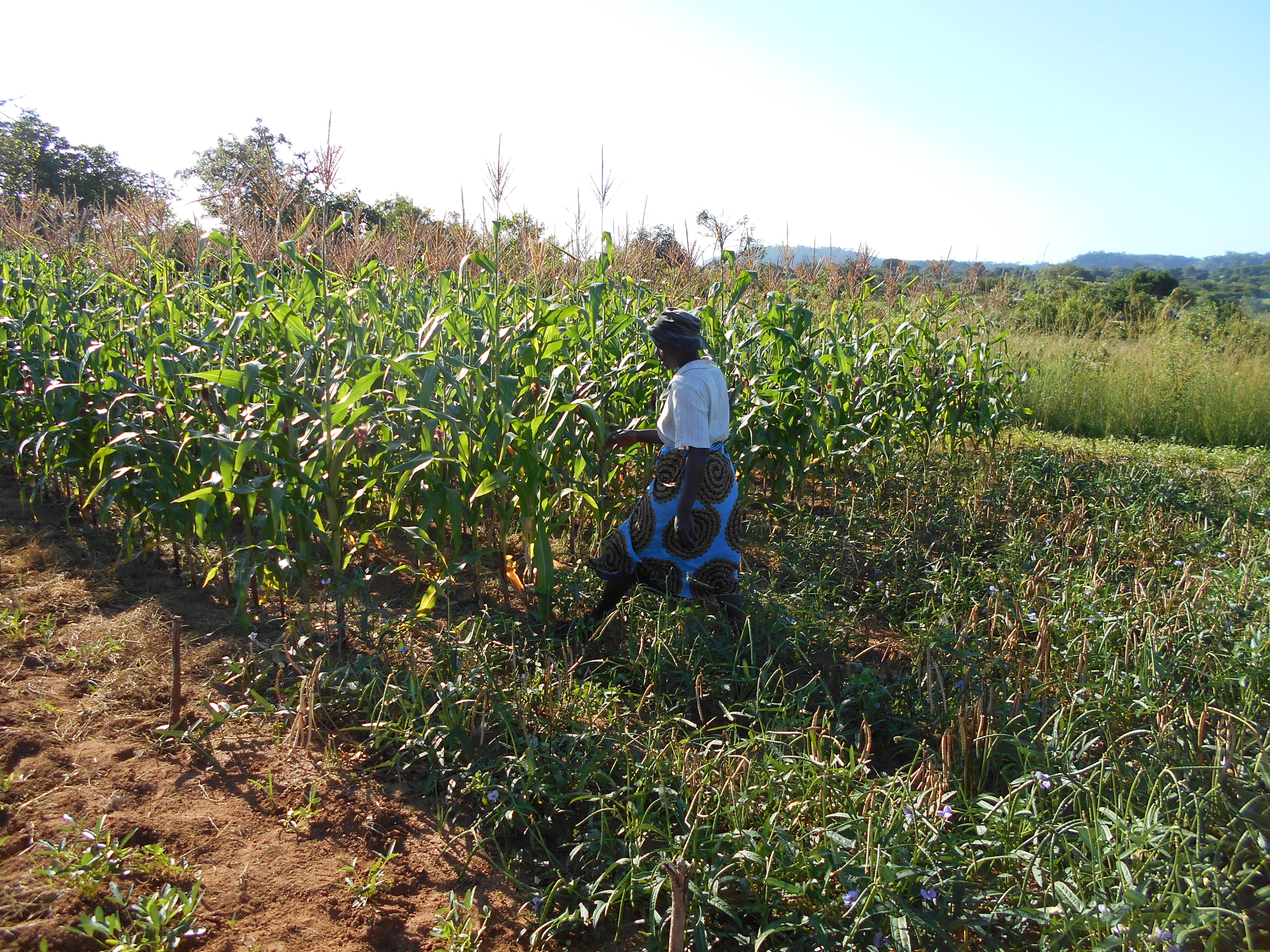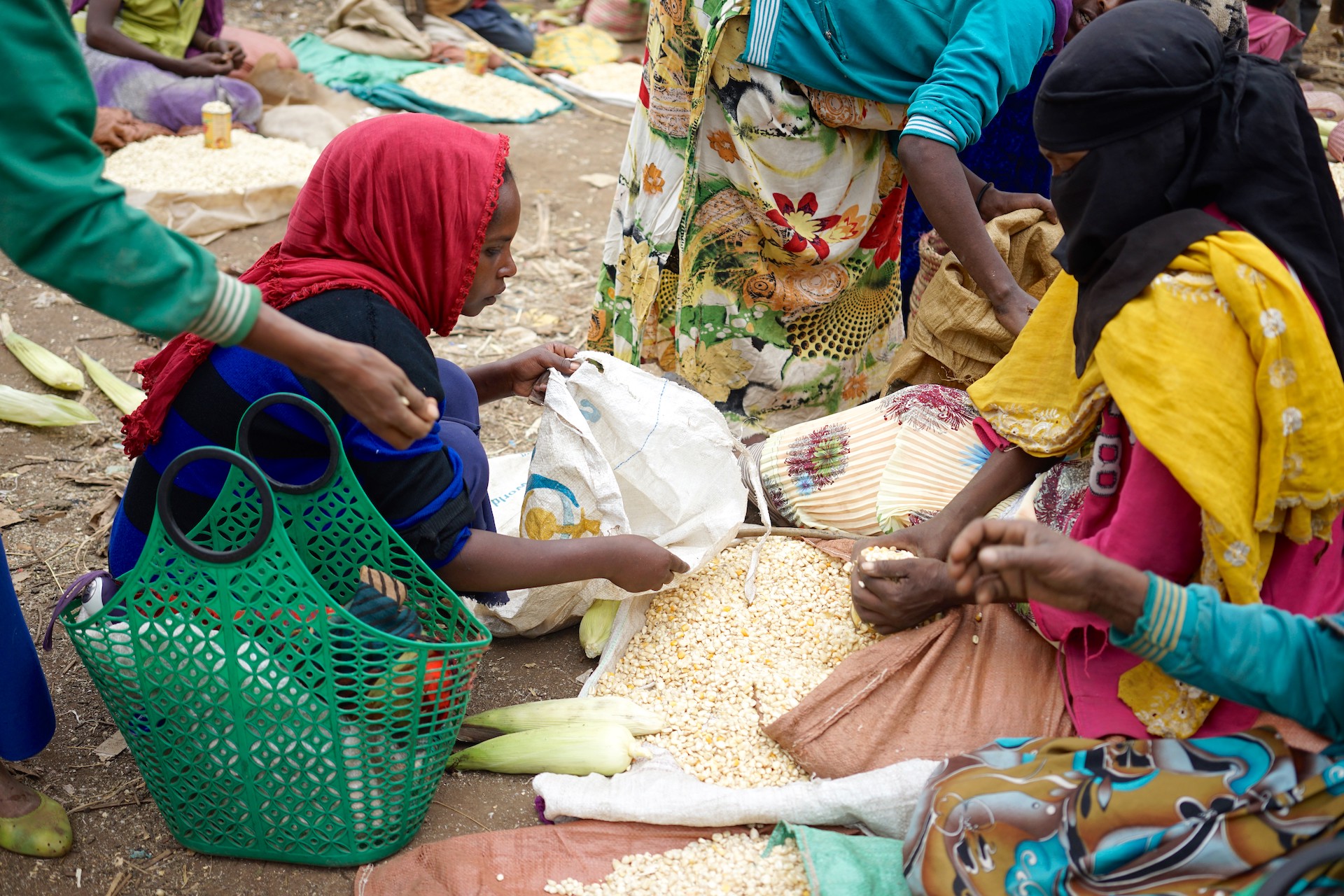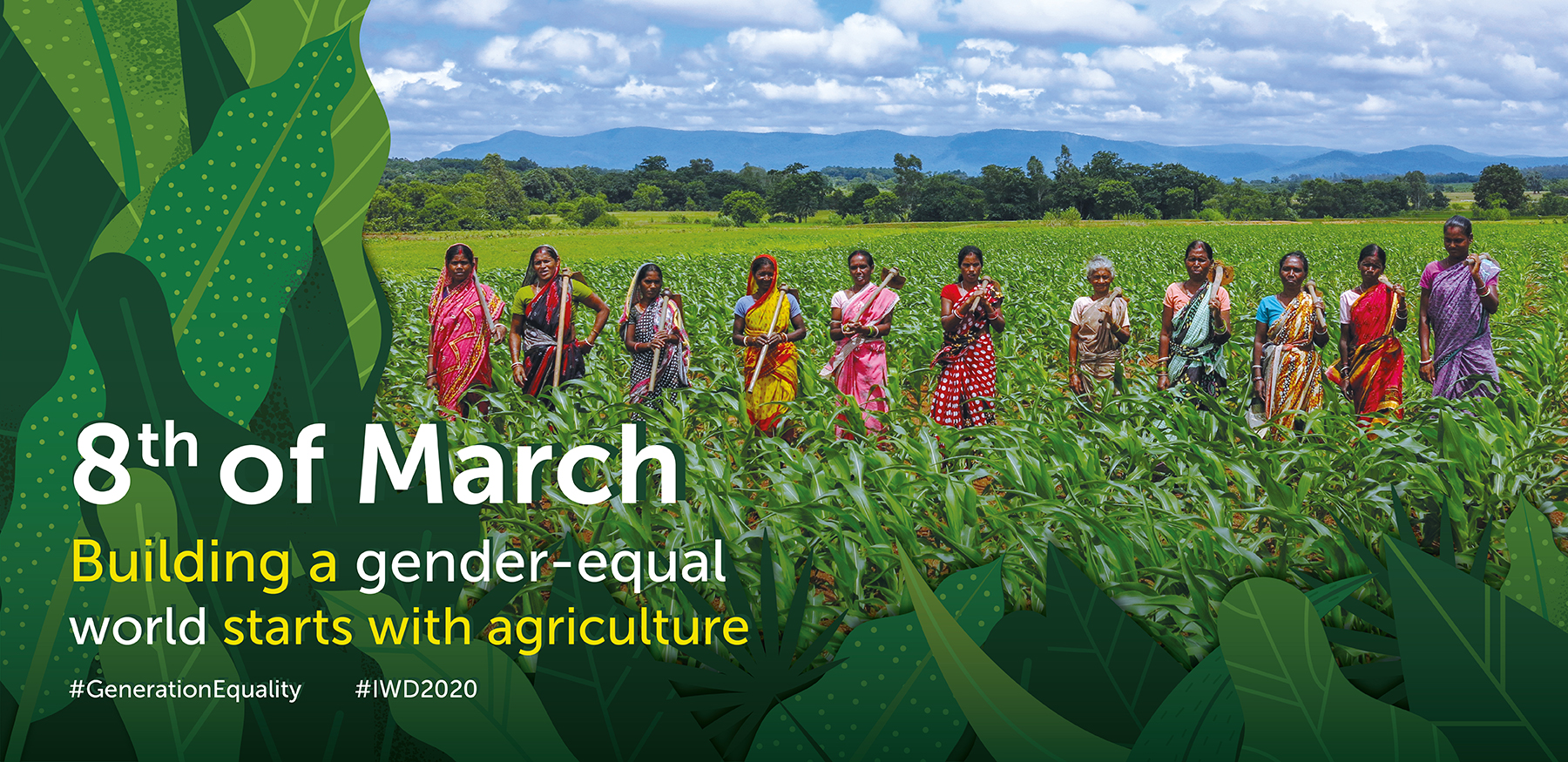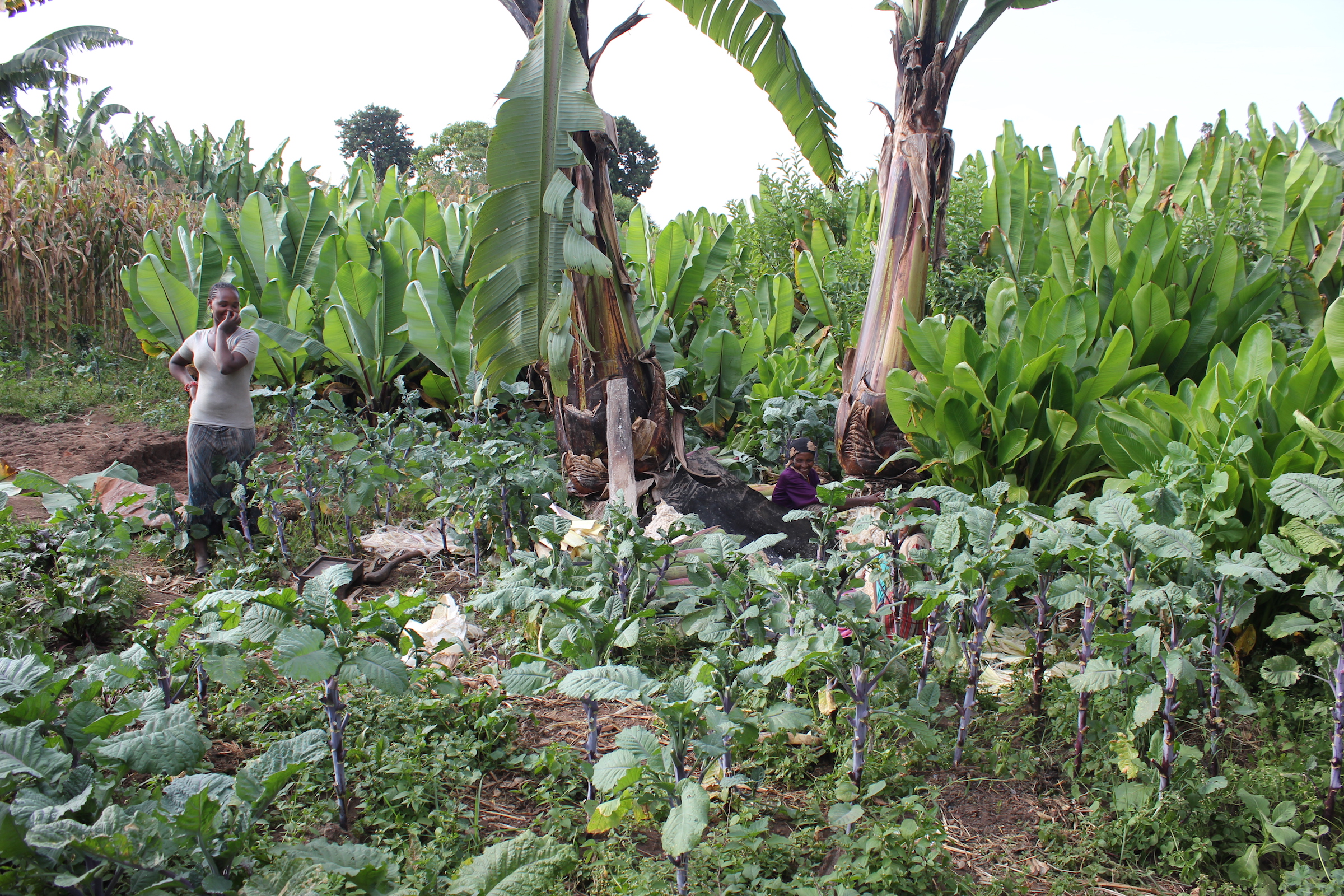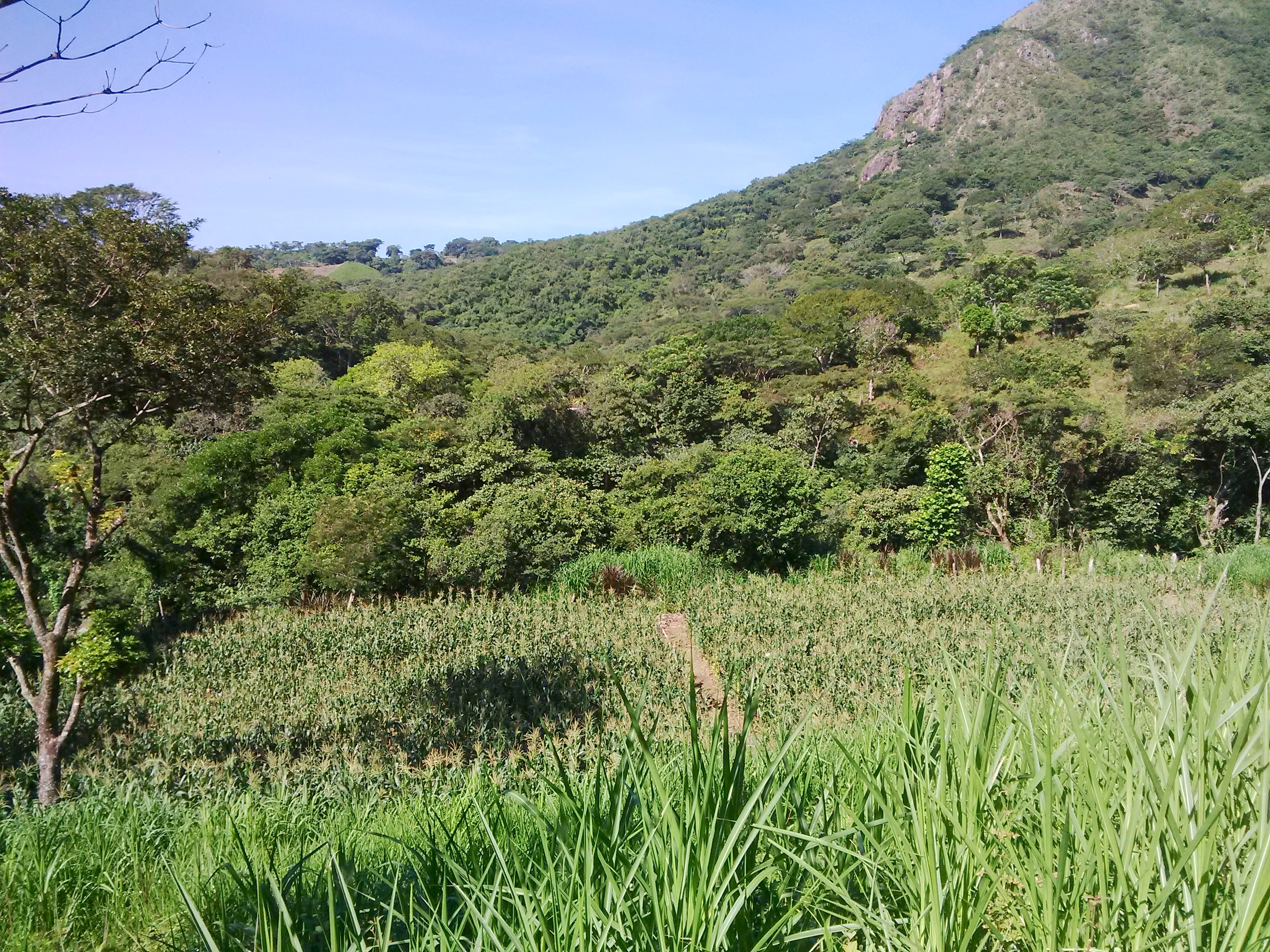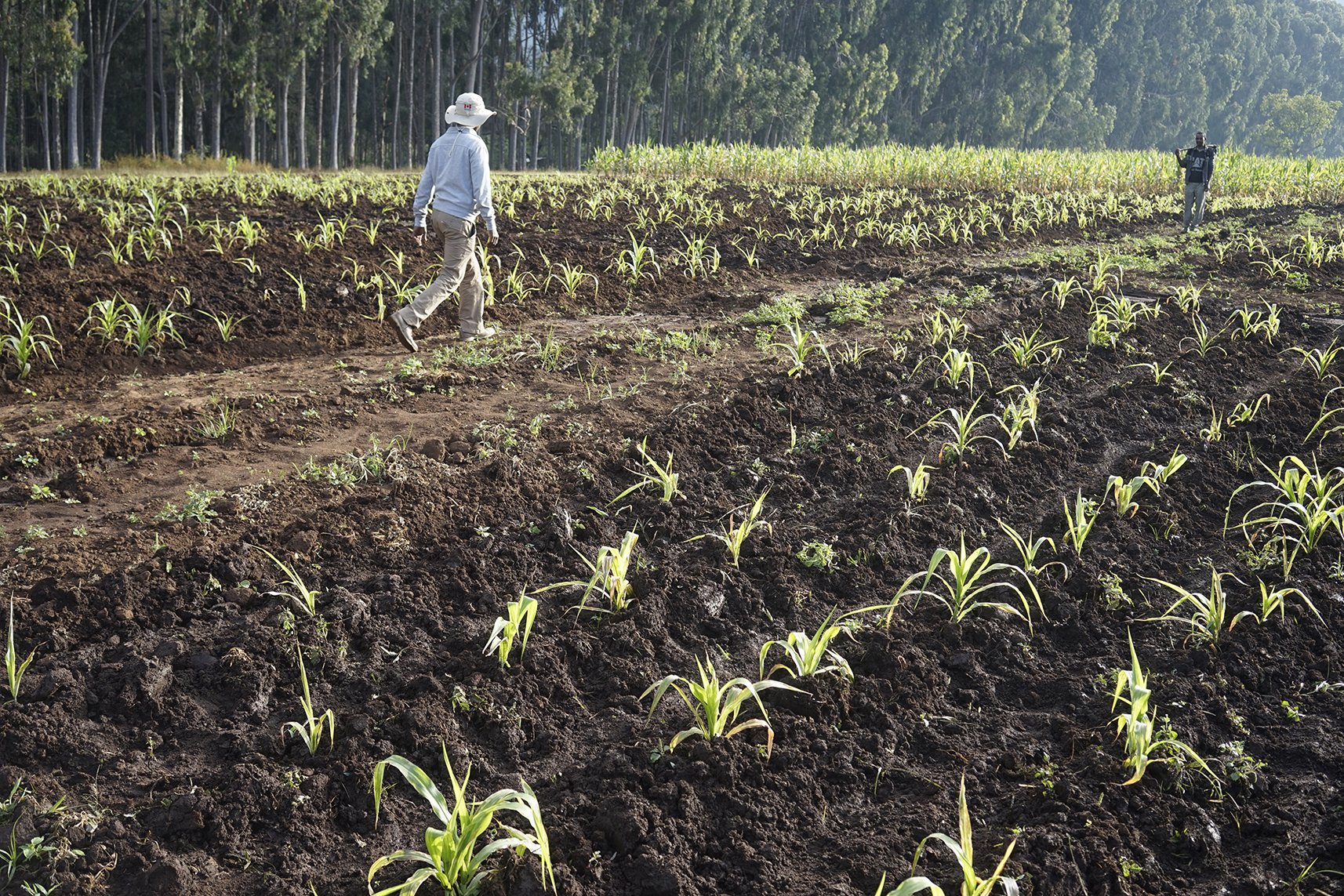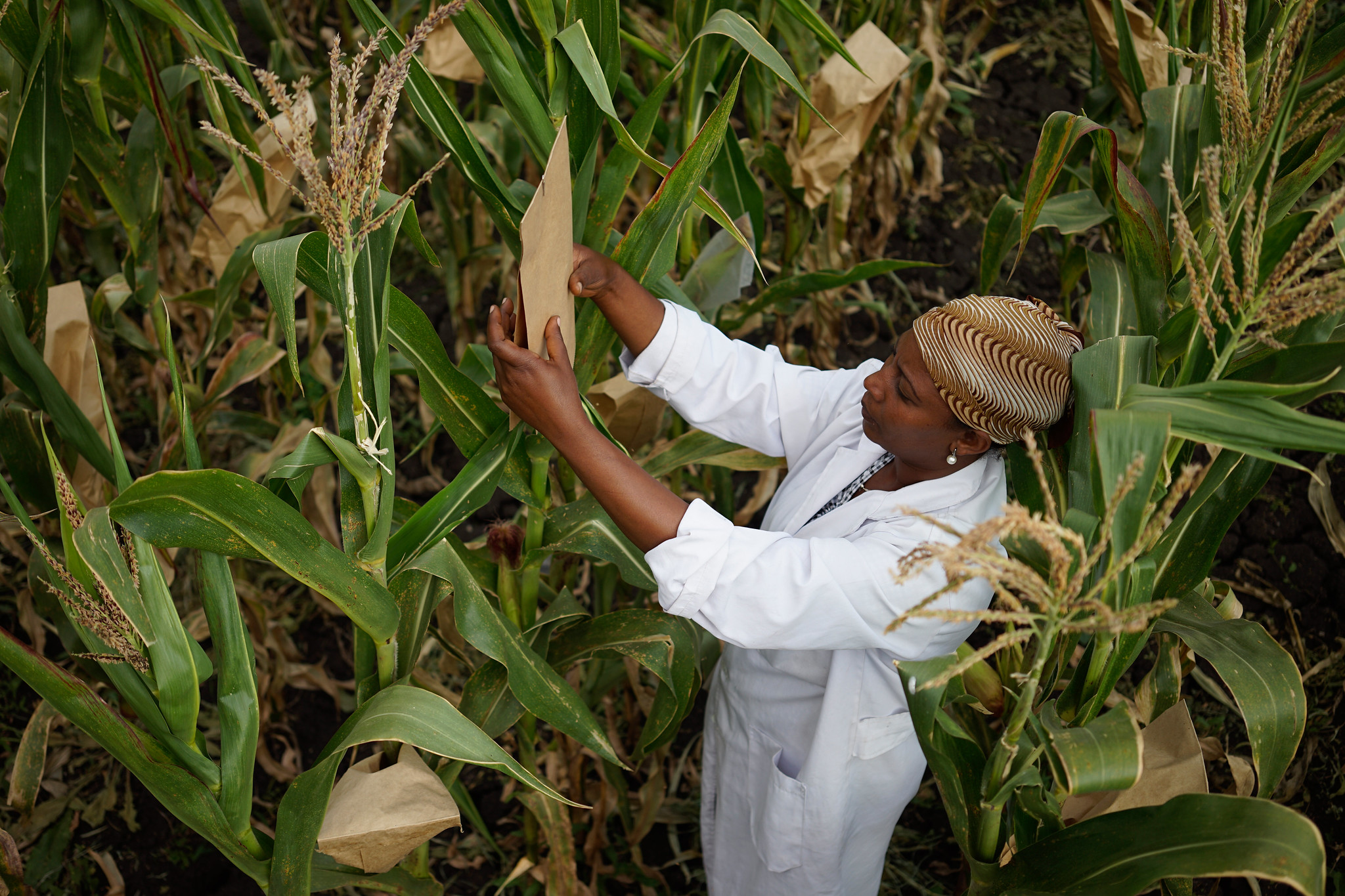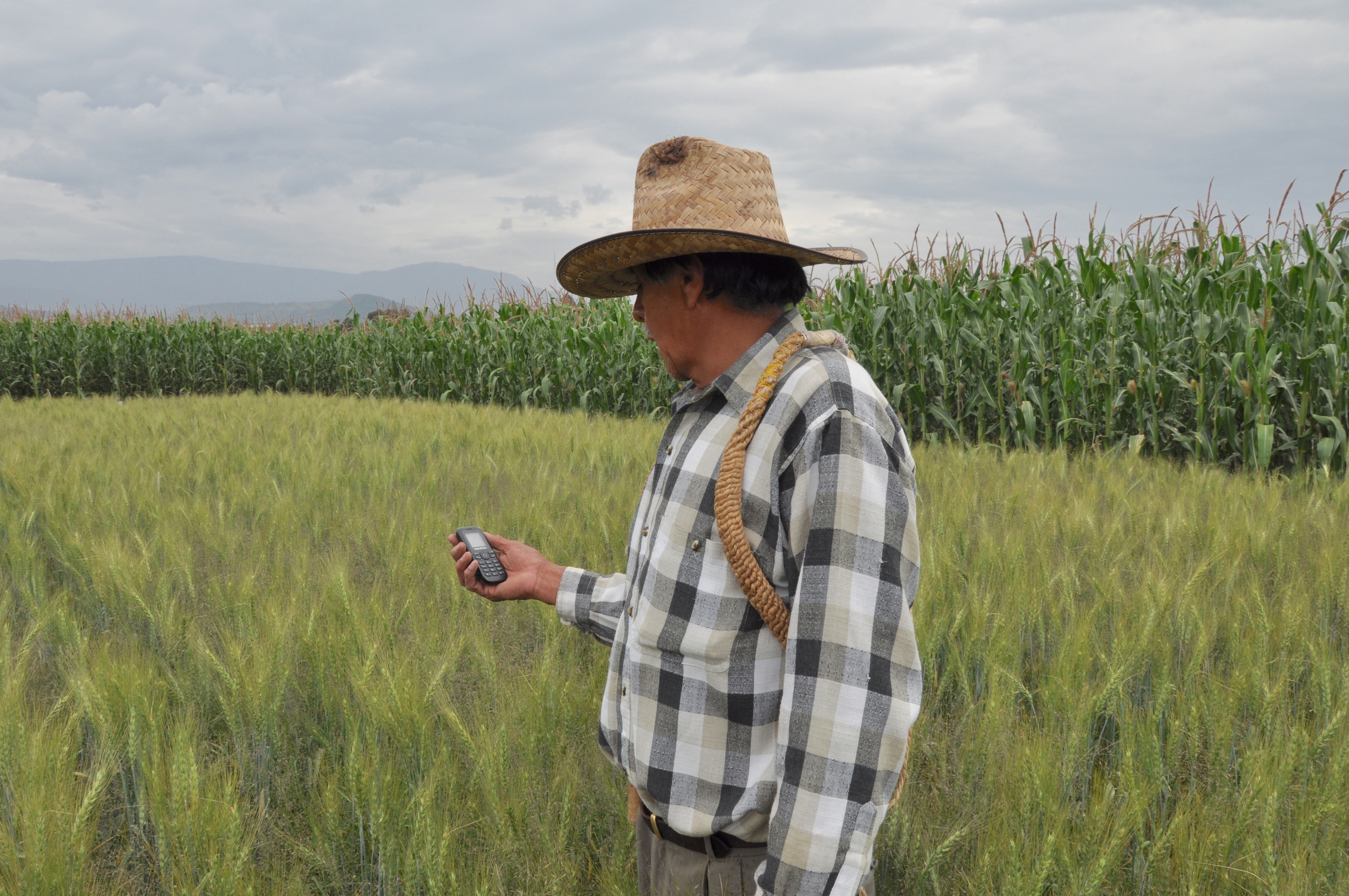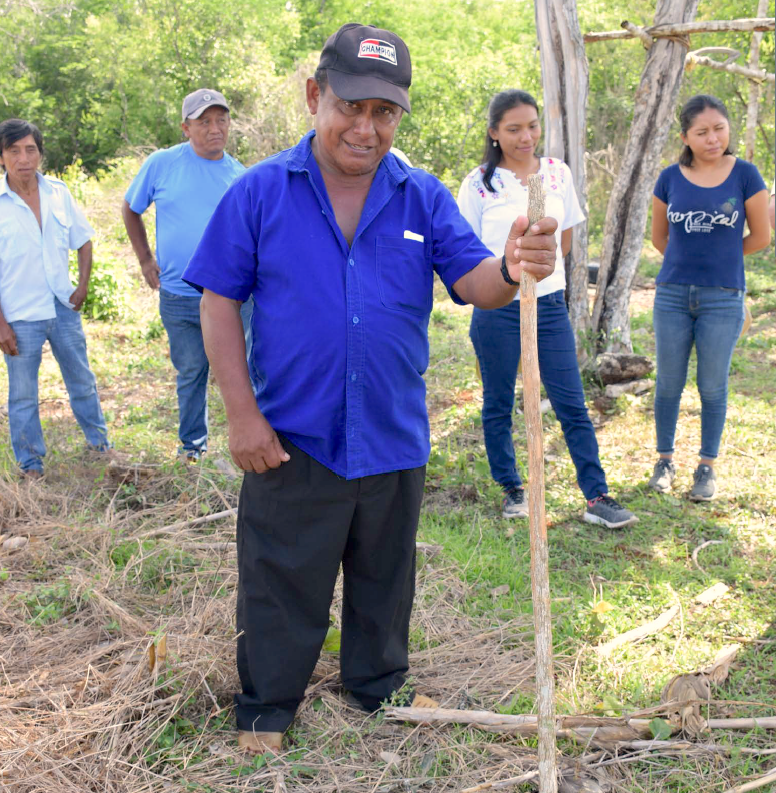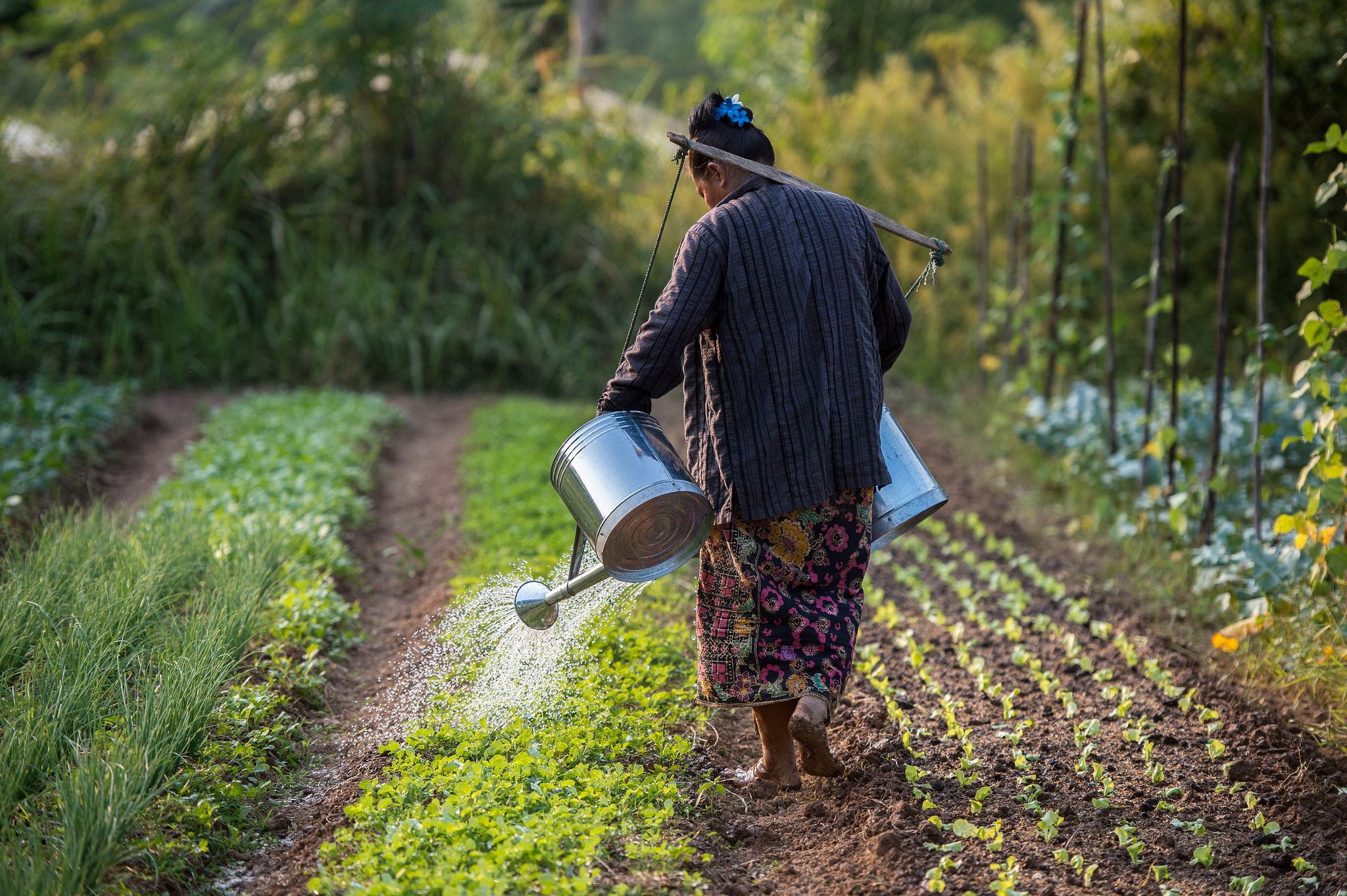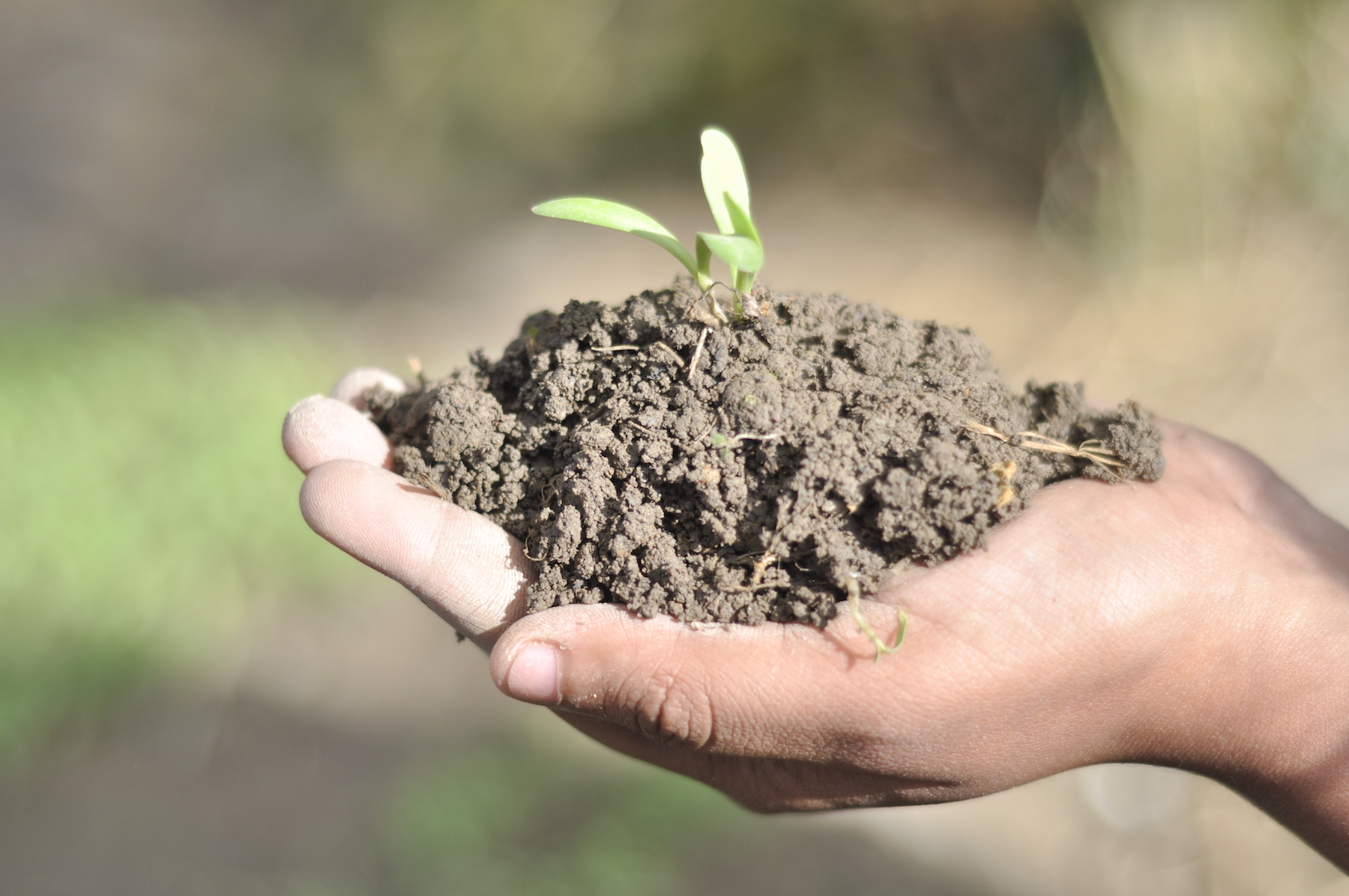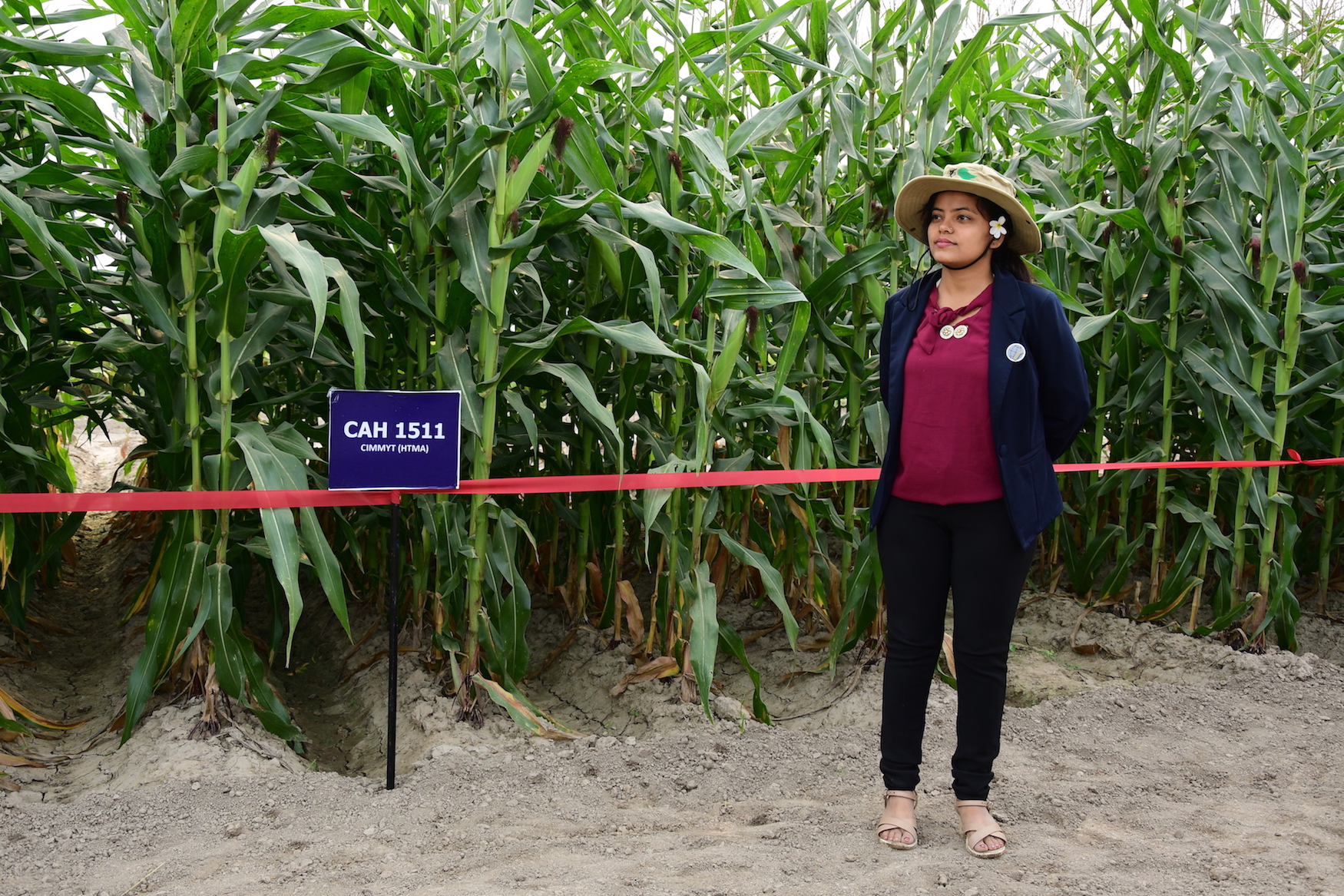Blogs
Balanced fertilizer application boosts smallholder incomes
 Capacity development
Capacity development
Precision nutrient management helps women farmers in Nepal increase crop yields and household incomes.
CGIAR breeding programs need more than just tech upgrades — they need change management
 Innovations
Innovations
The status quo anchors our minds to the past. Good change management can shake this up. Here are four ways plant breeding programs can ready themselves for the big changes we need to make.
Supporting smallholder farmers to better combat drought
 Climate adaptation and mitigation
Climate adaptation and mitigation
CSISA project suggests pathways to remove barriers inhibiting full use of groundwater irrigation infrastructure in Nepal’s Terai region.
When mothers learn from babies
 Climate adaptation and mitigation
Climate adaptation and mitigation
The “learning by doing” concept helps farmers in Zimbabwe successfully adopt sustainable agriculture principles.
Don’t forget about the impact of COVID-19 on the rural poor and on food security
 Gender equality, youth and social inclusion
Gender equality, youth and social inclusion
The Scaling Up community of practice discusses challenges and opportunities for an improved “new normal” for agriculture, research and development.
Moving out of poverty or staying poor
 Gender equality, youth and social inclusion
Gender equality, youth and social inclusion
Is it up to the village men? Or women, too?
‘Sharing’ or ‘sparing’ land?
 Environmental health and biodiversity
Environmental health and biodiversity
How can we feed more people while protecting nature and biodiversity?
Closing the yield gap: Why localized analysis matters
 Nutrition, health and food security
Nutrition, health and food security
The effect of factors limiting production differs across regions, researchers observe.
New tools guide interventions against acid soils in Africa using lime
 Capacity development
Capacity development
Experts are developing data and dashboards to advise policymakers about the cost and feasibility of liming to increase maize productivity.
More with less: Research for intensified food production with scarcer resources and heating climates
 Climate adaptation and mitigation
Climate adaptation and mitigation
How plant breeding helps to feed the world.
Six investments to help family farmers thrive in the next decade
 Nutrition, health and food security
Nutrition, health and food security
CIMMYT’s director general and CABI’s CEO propose six ways to support family farmers.
Sustainable tradition
 Nutrition, health and food security
Nutrition, health and food security
Transition to sustainable farming using concepts from ancestral food production systems leads to healthier soils and diets in Mexico.
The impact of climate inaction on food security
 Climate adaptation and mitigation
Climate adaptation and mitigation
The global food system needs to be transformed to respond to the health and nutrition needs of the future. To achieve this, however, there needs to be a strong global program to prevent greater threats from climate change.
Gratitude for soil
 Climate adaptation and mitigation
Climate adaptation and mitigation
If we take care of our soils, our soils will take care of us.
Let’s make hunger history
 Innovations
Innovations
Winner of the 2018 MAIZE-Asia Youth Innovators Award in the category of “Change Agent” shares her thoughts on tackling hunger.
